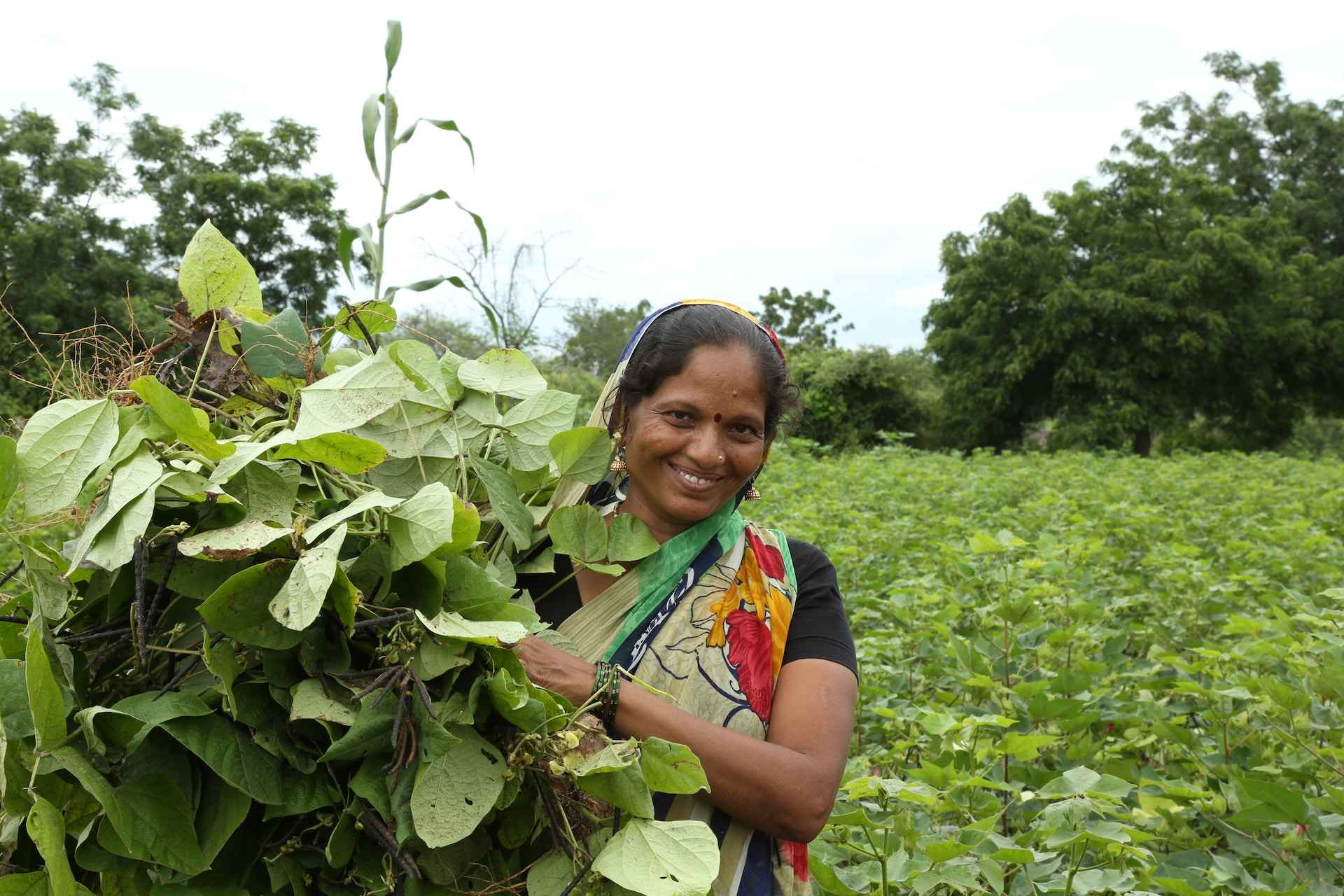
As technology becomes increasingly involved in agriculture, due to the need of decarbonisation whilst mass production, the demand for tech-savvy professionals is growing.
“There are several skills that are needed,” said Ahmad Al Shaibani, Head of Food Tech Valley Project in the UAE during Agra Middle East.
“If we are talking about the region (GCC) we need more people to know more about the environment and to know more about the technology that works for our environment to produce that type of crops that is needed for our food security,” Al Shaibani added.
Al Shaibani is talking about the need for certain talent and skills that can work within the industry to decarbonise it. Some of it includes talents that can use the digital tools and platforms to collect data. Nonetheless, talents that can ensure the proliferation of big data in agriculture as they also learn to include robots in their farming practices.
Therefore, the agriculture which produces a massive amount of carbon needs skills that can help them reform the industry between high or low tech.
“One thing is that using the right type of technology is actually reliable and at the same time sustainable for the long run,” explains Al Shaibani on the importance of finding the right talent in this sector.
But regardless of the method of agriculture, the industry requires a new set of skills in addition to the ongoing. With more talks on a transition towards more sustainable modes of production and consumption more and more of these skills are needed to help with the transition.
According to research conducted by the ILO, a low-carbon and resource-efficient economy could employ more people with different varieties of skills. Known as the “green skills” people who possess these have the knowledge, abilities, values and attitudes that are required to live in, develop and support a sustainable and resource-efficient society.
“Now we are going very high tech such as vertical farming, with controlled environment agriculture which requires scientists, mechanical engineers, data scientists or regenerative agriculture which is to a certain extent going back to basics,” explains Hassan Halawany, the General Manager of Elite Agro Projects.
“This is where we are between two extremes. Adapting data from the farm is now the key, how do we optimise the news of this data from the basic loading farms so we can optimise production,” he added, explaining that aside from having predictive analysis by AI to forecast the situation, there is a need for people who can actually read this data.
The ILO has outlined multiple skills needed for talents within agriculture, those include: environmental awareness and respect; willingness and capability to learn about sustainable development; adaptability and transferability skills, to enable workers to learn and apply the new technologies and processes required to green their jobs.
Other competencies include teamwork skills that is by reflecting the need for organisations to work collectively on tackling their environmental footprint; resilience so they could see see through the changes required.
Nonetheless, communication and negotiation skills in order to promote required change to colleagues and customers. Moreover, people must have entrepreneurial skills in order to seize the opportunities of low-carbon technologies and environmental mitigation and adaptation; and Occupational safety and health (OSH).
“We know that skill development is a big part of a successful industry,” said Philippos Papageorgiou, the Vice President of Operations, National Livestock & Fisheries Development Program ats the Ministry of Environment, Water and Agriculture in Saudi Arabia.
“It is part of the national strategy to develop competency skills, as well as management competency skills for the agriculture sector,” added Papageorgiou.
Papageorgiou explained that the ministry is working with big companies that have developed their own skill development to expand on it.
Moreover, the Saudi ministry is asking the universities they fund for research and development to have skill development for local Saudis and encourage the employees to participate in international courses on agriculture.